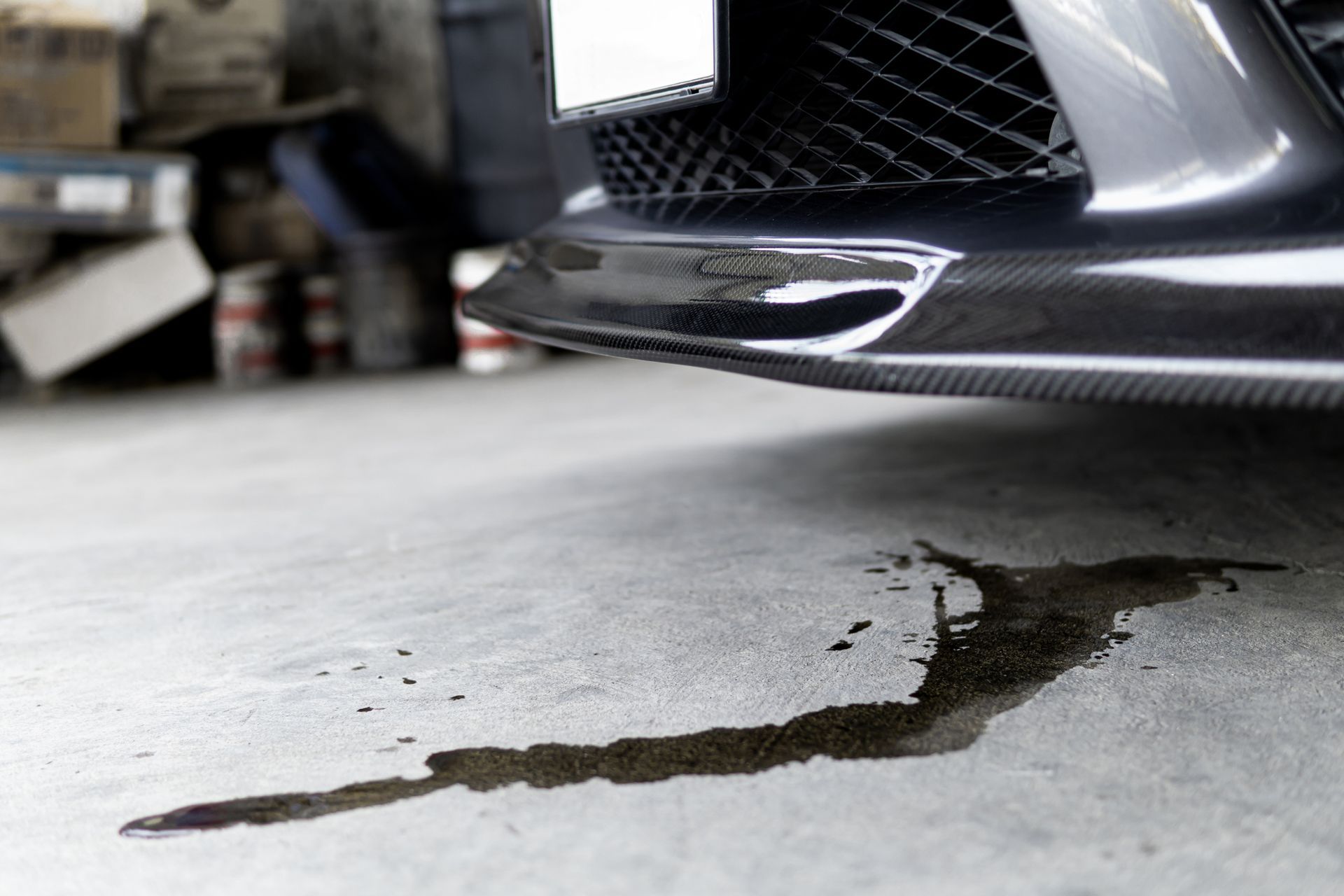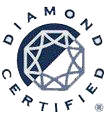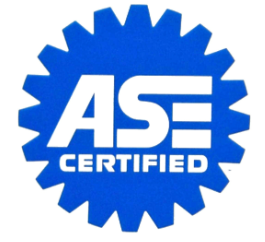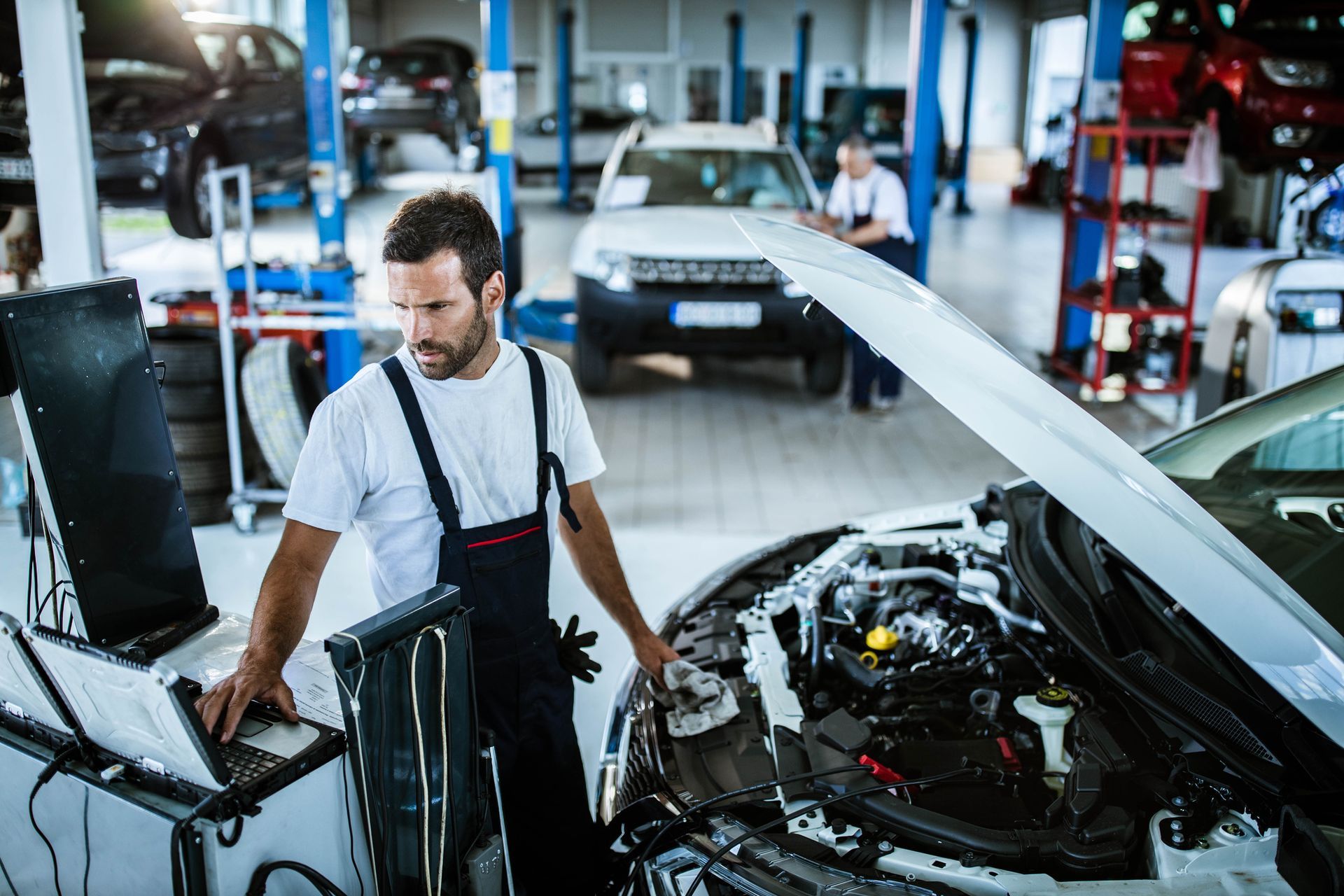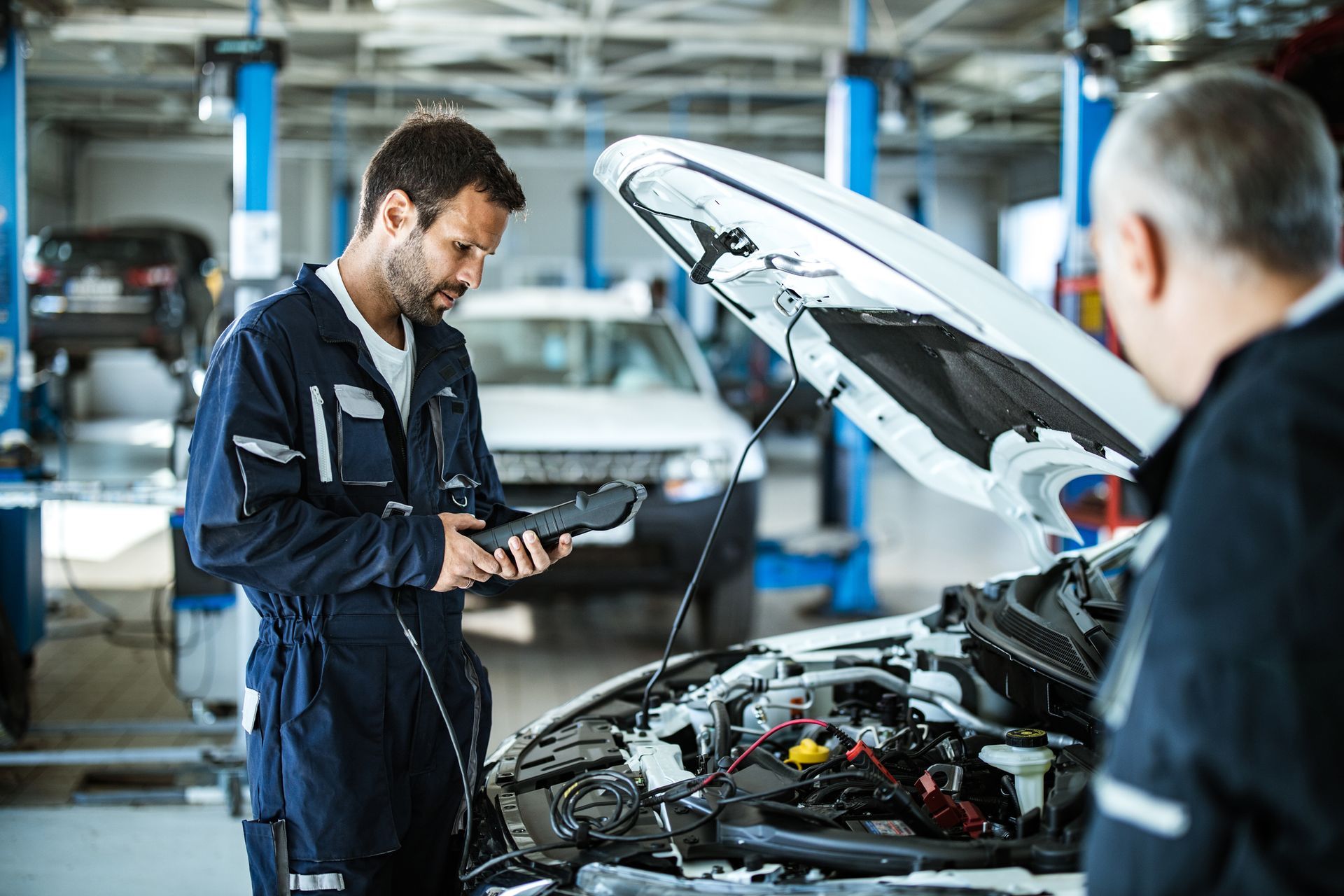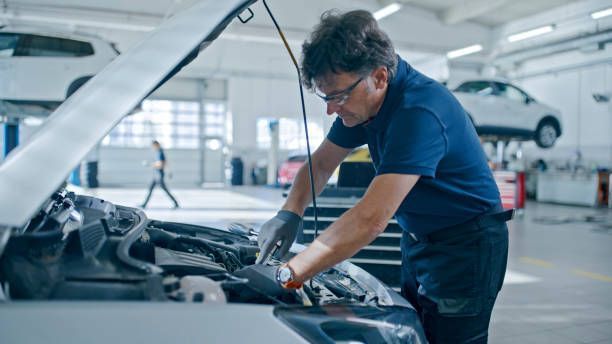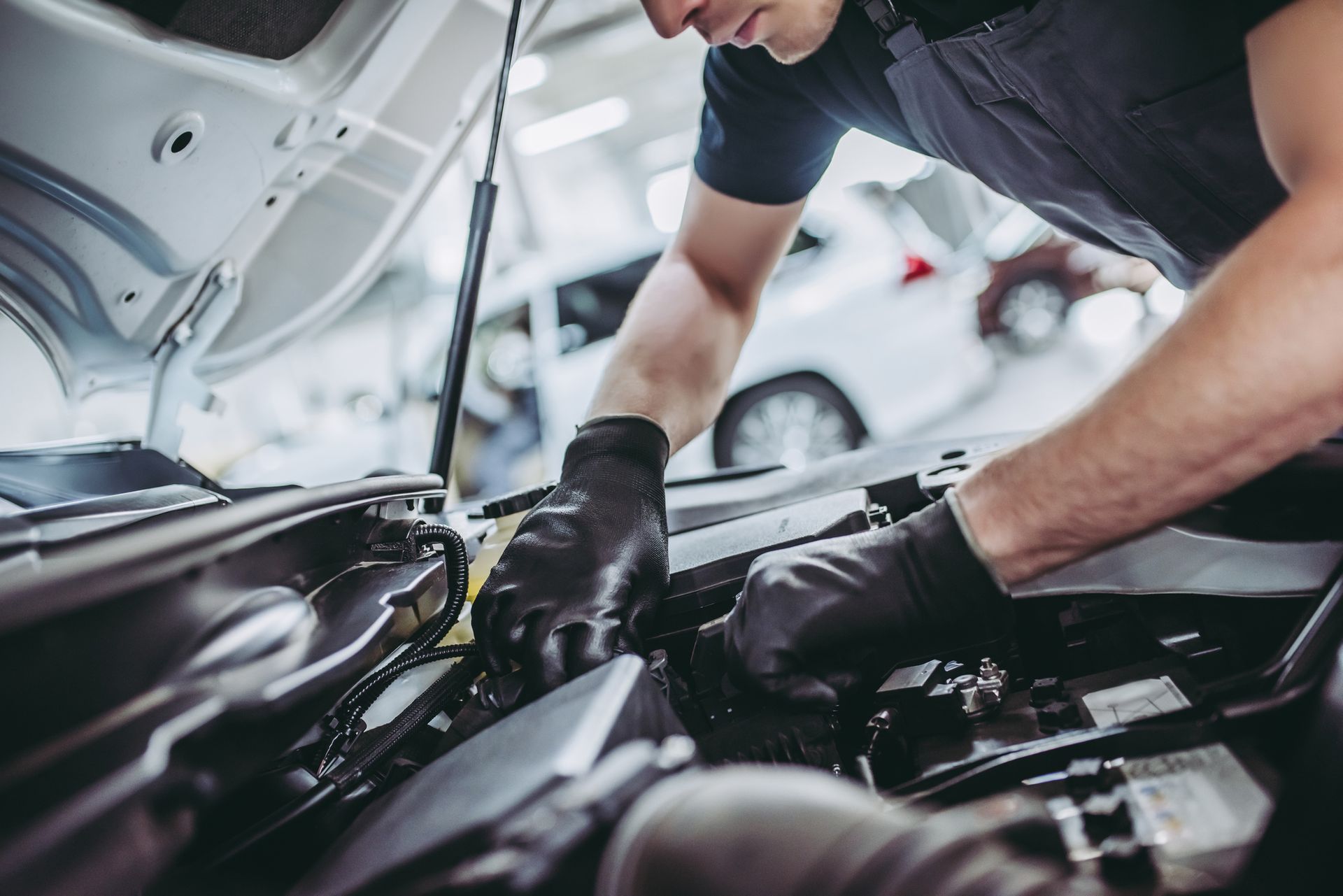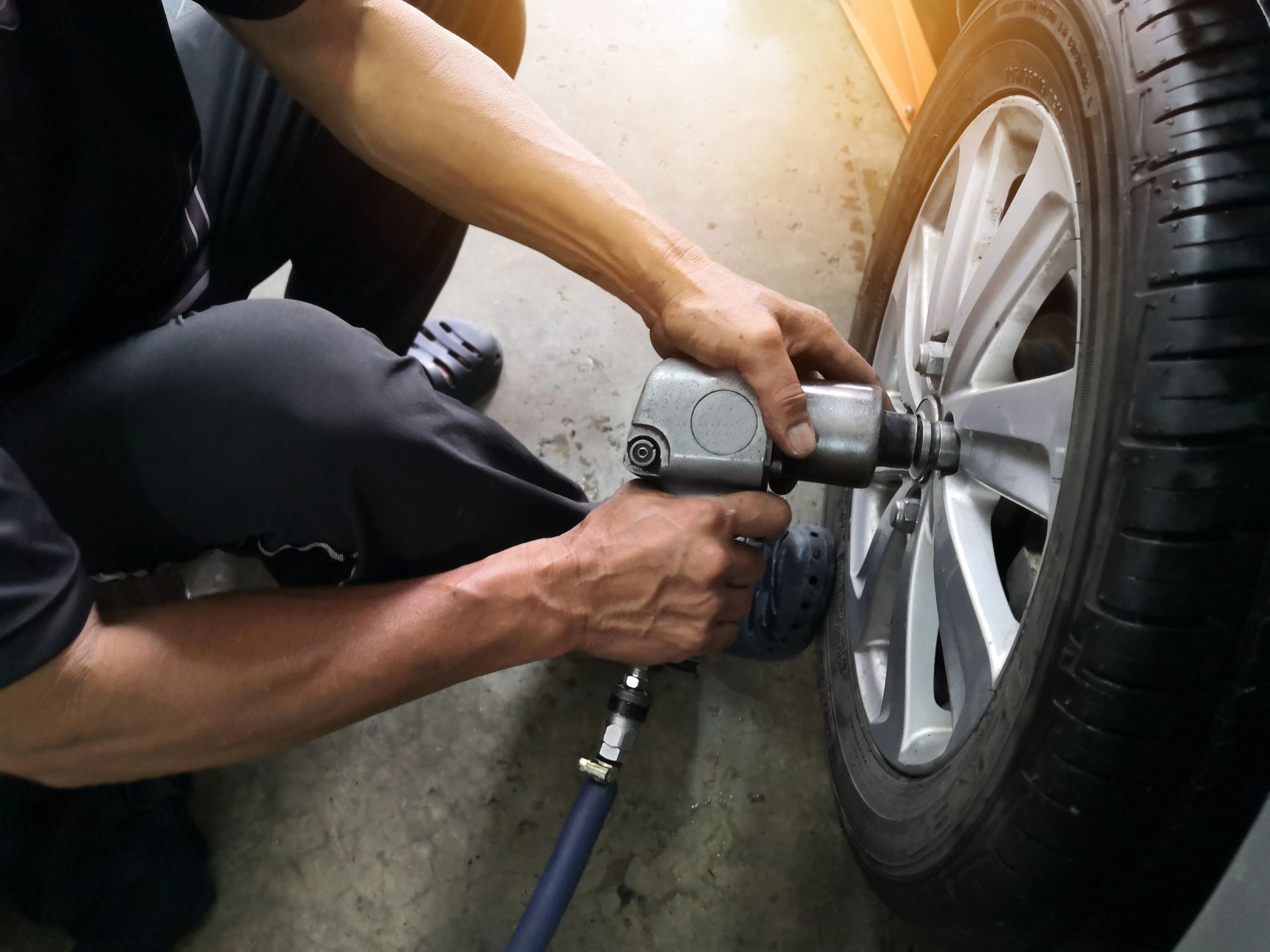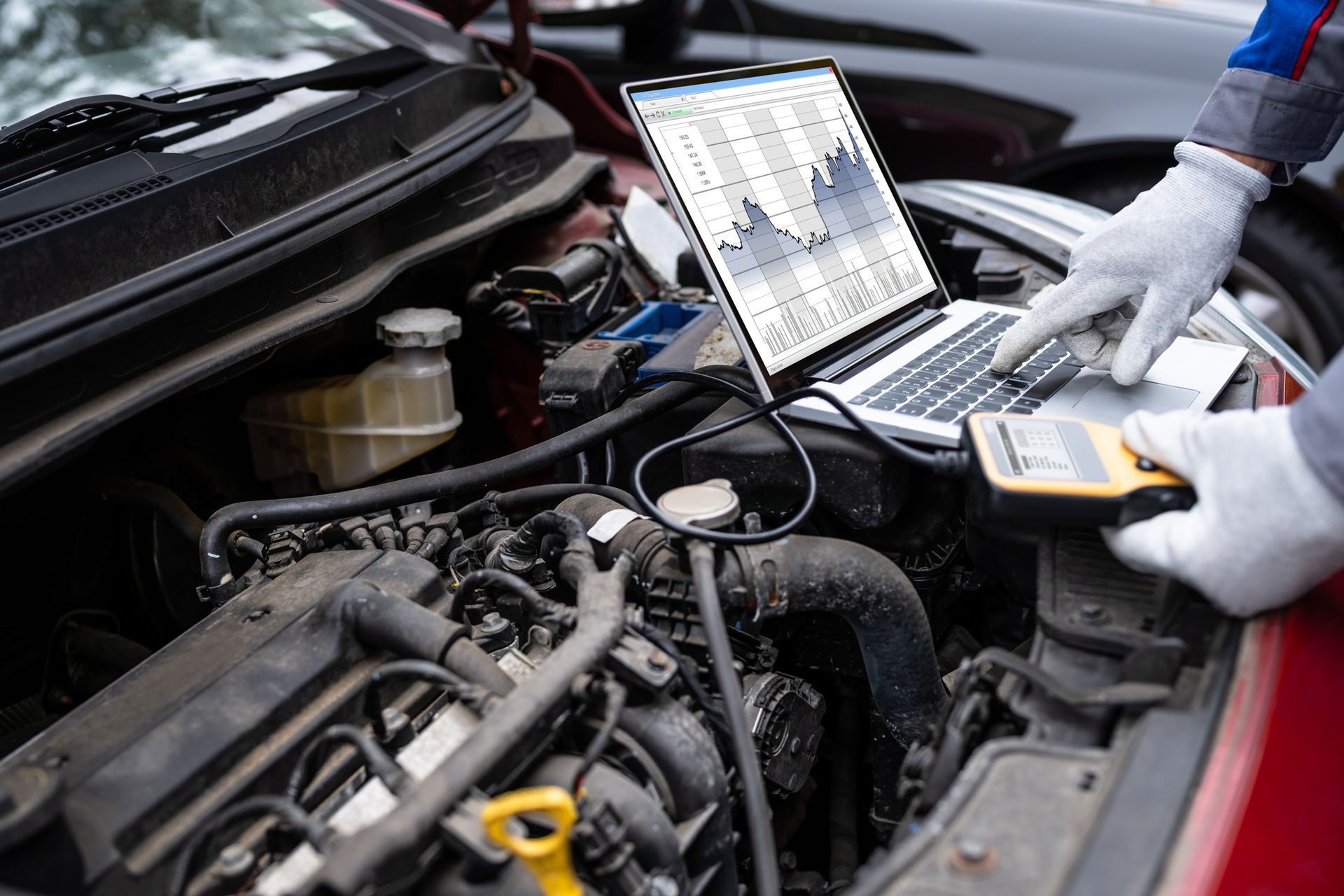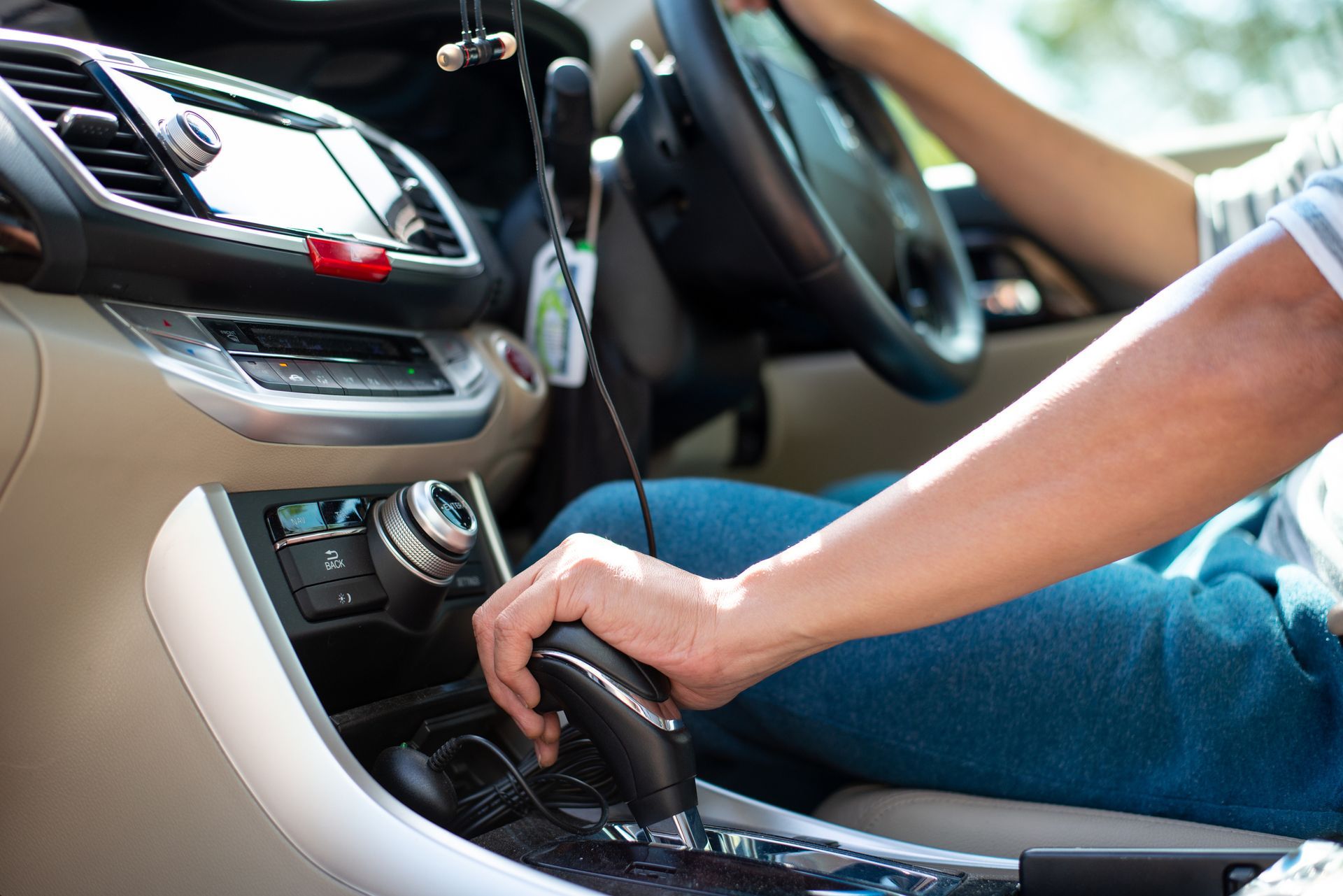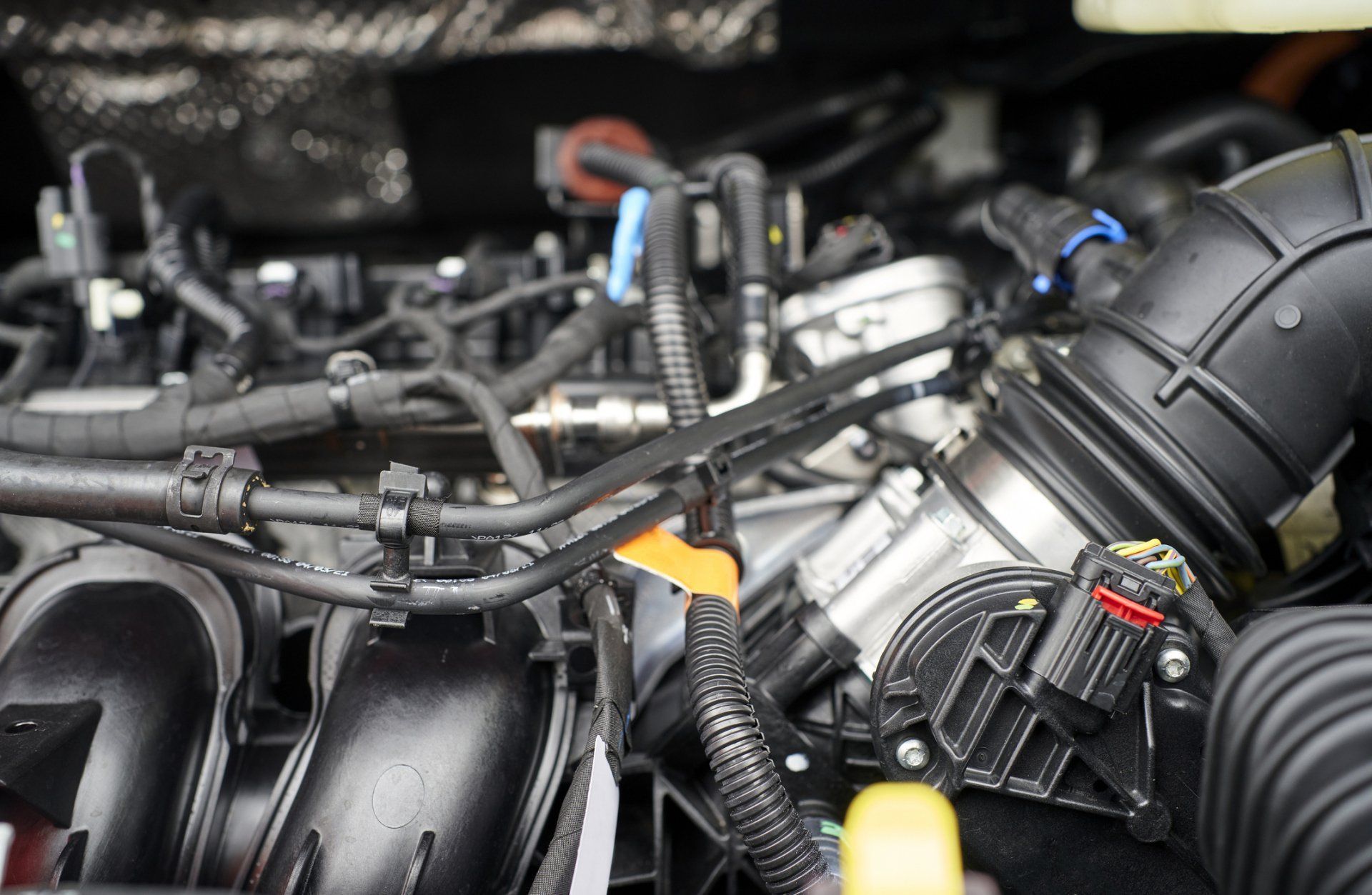Bent Wheel Rims: An FAQ
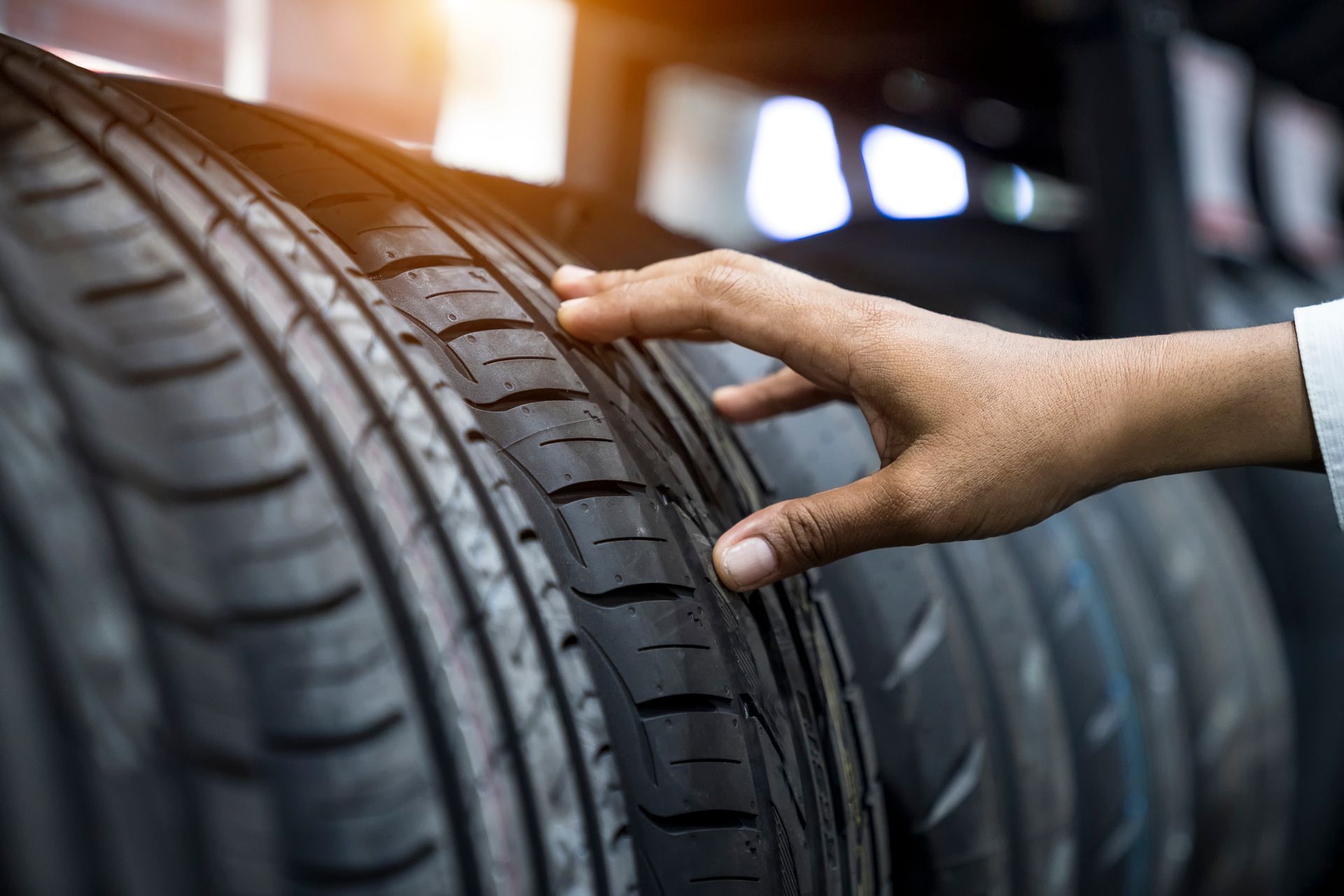
If you ask a typical auto mechanic to name the most critical systems in a vehicle, the suspension will most likely occupy a prominent spot on the list. Of the many parts that make up the suspension, the wheels (and their tires) play an especially critical role as the only parts of the system that actually make contact with the ground.
When the outer rim of a wheel gets bent out of its usual perfect curvature, this change can have drastic effects on everything from tire inflation to vehicle handling. If you want to catch and deal with this potentially dangerous system sooner rather than later, pay attention to the following frequently asked questions.
How Do Cars Develop Bent Wheel Rims?
Even with some protection from an air-filled tire, a wheel rim can easily sustain damage from a sharp, direct impact. For instance, you can end up with a bent rim if you drive over a large, deep pothole. A collision with a curb, road divider, or other immovable obstacle can also bend wheel rims.
Not all bent wheel rims involve obvious or major impacts. Salt air and moisture can conspire to corrode the metals in your wheels, weakening the rims. Over time, various minor bumps can then deform the weakened rims. You can even develop bent wheel rims simply by driving with chronically underinflated tires.
What Symptoms May Indicate a Bent Wheel Rim?
You might actually see evidence of a bent wheel rim with the naked eye, but only if the bend occurs on the outward-facing surface of the wheel. Your mechanic may need to raise the vehicle and inspect it from below to see a bend in the inner side of the wheel rim. You would most likely notice changes in the car's behavior first.
Changes in vehicle handling that might indicate a bent wheel rim include shaking or vibration in the steering wheel or seats. You may also feel a rhythmic thumping sound or other tire noises. Fuel efficiency may suffer, the car may pull to one side when braking, and the tires may seem to lose air pressure constantly.
How Should You Deal With a Bent Wheel Rim?
You should evaluate and correct a suspected bent wheel rim as soon as possible. The uneven handling and braking from this problem can lead to an accident if you suddenly need to maneuver out of harm's way or skid to a stop. Severely bent rims can make your wheels wobble and promote tire blowouts.
The fix for a bent wheel rim depends on the severity of the bend. Your automotive technician may use specialized tools to straighten out smaller bends and restore your car's roadworthiness. However, if the bend proves more serious, your technician will probably recommend that you replace the entire wheel instead.
What Can You Do to Keep Your Wheel Rims in Good Shape?
Smart preventative maintenance can help you protect your wheel rims against damage. Always keep your tires inflated to their recommended pressure levels so your rims will benefit from proper cushioning. When you need to buy tires, steer clear of thinner, low-profile models that offer minimal protection against bumps.
Although you can't always avoid every pothole or curb you encounter, you can improve your odds by keeping your headlights clean and properly aligned. This sensible measure will help you spot these hazards in time to swerve around them.
If your car behaves in a way that points to a possible wheel rim problem, wheel it on over to Letcher Bros. Auto Repair. Our team can determine whether those bothersome problems actually stem from a bent rim and then make any necessary repairs to get your wheels back into safe, efficient working order.
Contact us today.
